If you own a dog or are around them often you may notice they flatulate just like us. Besides the pungent smell, there is nothing wrong with a little gas. However, gas builds up pressure, and if it can't release issues may arise. If the gas can't release it causes bloat. This can be a dangerous situation for dogs if not handled urgently by a professional. Becoming aware of the symptoms and what you can do to help may prove vital if your dog experiences bloat. Luckily, there are some home remedies for dogs who tend to have a bloated stomach. And being proactive might be the best way to combat this problem.
What Exactly is Bloat in Dogs?
Bloat usually begins when a dog's stomach gets distended with gas, which can cause it to twist. As the twisting occurs, the esophagus closes up, not allowing the dog to relieve the pressure by vomiting, burping or passing gas.
With bloat comes added pressure to the veins and organs, including the spleen, liver, and pancreas. Because these veins are incapable of performing their necessary functions, there is an insufficient amount of blood reaching the heart. The pressure makes dogs susceptible to undergoing cardiac arrest or shock.
Bloat can be harmful because a twisted stomach shuts off the blood supply, which causes issues in the cells of the stomach lining. During the damage of these cells, harmful toxins, which can cause blood poisoning, are released. On some occasions, bloat will cause a dog's stomach to rupture. If you think your dog is hurting from stomach bloat, you should take them to a vet immediately.
What Are the Causes of Bloated Stomachs in Dogs?
Generally, several reasons cause dogs to develop bloat. Although many reasons are unknown, there are certain links between dogs with stomach bloat and factors like:
Breeds
There are links that connect stomach bloat with the type and size of a dog. Larger dogs are said to be more susceptible to experiencing bloat than smaller dogs. Some larger dog breeds that are more likely to develop bloat include German Shepherds, Doberman Pinschers, Boxers, Great Danes, Akitas, Sheepdogs, and Basset Hounds.
Studies show that pure-bred dogs are also 2.5 times more prone to develop bloat when compared to mixed breeds. According to the World Canine Association, there are 340 different types of dog breeds, unfortunately, some breeds are healthier than others.
Gender and Age
Dogs between 2 and 10 years old are at higher risk of developing bloat. Male dogs are also twice as likely to experience it when compared to female dogs.
Eating Habits
Certain eating habits can lead to stomach bloat in dogs. Dogs that eat too fast or eat once a day are said to be twice as likely to develop it compared to those who eat slower (slow feed bowls can help) and eat twice a day. Eating smaller, spaced-out meals helps a dog not be too hungry, which supports slower eating.
Temperament
Just like in humans, stress can cause a world of trouble for dogs including abdomen discomfort and bloat. Dogs who are overly stressed, fearful, or are aggressive tend to contract bloat easier. To combat this some owners try promoting a calm state of mind and body by giving their dog natural calming remedies, like Chamomile, L-Theanine, or CBD dog treats to relax the mind and body.
Type of Food
Dry dog food or food that expands in the dog's stomach can cause bloat. Although there isn't much research surrounding the effects of homemade dog food and bloat, several holistic veterinarians have said meals prepared at home can significantly reduce stomach bloat in dogs. However, you need to be selective about what ingredients you feed dogs because certain foods can actually cause excess gas and lead to bloat, like beans and cheese.
Some research suggests that organic dog food may result in less stomach issues than non-organic although you should still be selective to avoid gas-promoting foods and foods that are harmful for dogs.
Exercise
Dogs that are too hyper or become active too fast right after a meal might also be at risk of developing stomach bloat.
Remember, since bloat can be harmful, it's best not to try and diagnose the problem or cause on your own. If your dog's abdomen looks swollen, take your dog to an animal hospital or emergency veterinarian as soon as possible. After diagnosis, if you know your dog is susceptible, ask your vet advice about any home remedies that may reduce a dog's bloated stomach.
WHAT ARE THE SYMPTOMS OF STOMACH BLOAT IN DOGS?
The symptoms of stomach bloat in dogs are different for each dog. Sometimes the symptoms of canine bloat aren't immediately visible. It might take the condition to be in its later stages for a dog's stomach to be noticeably distended or swollen.
Symptoms that a dog has bloat can include:
- Acting restless
- Pacing without stopping
- Drooling and salivating
- Stressed
- A swollen stomach
- Gagging or trying to vomit without success
Some of the most common things to notice for stomach bloat in dogs are gagging, excessive salivating and restlessness. Their stomach is swollen, and when touched, the dog might groan or yelp from the pain. The dog might also start to pace while trying to vomit without success.
If a dog with stomach bloat is frantically walking around some signs to watch out for are a hanging head, stiff-leggedness, and displays of discomfort. Another way to find out whether a dog has bloat or not is if there's a hollow sound coming from their abdomen after gently touching it.
Dogs should have a trim enough figure so that when you stand above them, their waist is visibly noticeable. Even looking at them from the sides, their waist should be visible, tucked behind their hind legs.

If you can't see their waste from any direction, your dog might be overweight and looking for stomach bloat can be a bit more complicated. However, if the stomach size suddenly and drastically increases, a dog could be experiencing bloat.
Signs that stomach bloat has progressed in a dog include the gums and tongue appearing pale, a weak pulse or an increased heart rate. Usually, at this stage, dogs might have difficulty breathing, become weak, and could go into shock.
HOW TO PREVENT BLOAT IN DOGS
Avoiding bloat in dogs altogether can be tricky since there's a lot of moving parts to the condition. Switching your dog to a raw diet, noticing poor eating habits and monitoring their exercise times can all be beneficial.
Raw Diet
The digestive tract in dogs is ideal for breaking down protein, and not so much for grains and starches. Processed dog food like kibble, premixes, and synthetic vitamins contain carbs your dog doesn't need.
Research suggests dog food that features rendered meat meal with bone and fat in the first four ingredients drastically increases your dog's risk of developing bloat. These benefits make raw diets optimal for preventing bloat.
Raw bones also offer many nutrients that are great for cleaning a dog's teeth. Some bones help strengthen a dog's stomach muscles, which can improve digestion and reduce gas buildup.

Elevated Bowls
Interestingly, there is a lot of controversy surrounding the topic of using raised bowls. While there's no evidence backing elevated bowls, there is a study that found that "in 20% of cases among large breed dogs and in 52% of cases among giant breed dogs, the bloat was actually directly related to having a raised food bowl."

Exercise
Exercise is essential, but it might not be when it comes to bloating. All dogs need it, but the level and type vary depending on the dog. Although several people swim after they eat and live to tell the story, that same line of thinking might not work for dogs.
When their stomachs are full, it's more likely to move and twist, which can lead to issues in their digestive systems, like bloat. Allowing them to become too active right after a meal is not a good idea. Most research suggests waiting at least 30 minutes before high activity or exercise.

HOME REMEDIES FOR BLOATED STOMACH IN DOGS
Because the cause and explanation of bloat are not clear, narrowing down specific home remedies for stomach bloat in dogs can be tough. What we do know is bloat happens when the stomach gets filled with too much gas. Unlike with balloons, there is little to no room for expansion when it comes to the stomach. Gas inside a dog's stomach has little space to sit, causing uncomfortable pressure on other internal organs.
 When it comes to using home remedies to prevent stomach bloat naturally, here are a few things you can try:
When it comes to using home remedies to prevent stomach bloat naturally, here are a few things you can try:
- Using a slow feed bowl if your dog tends to eat too fast
- Opting for smaller, spaced out meals
- Keep their level of activity to a minimum right after meals
Owners know their dogs better than anyone. So, it's really up to them to notice any abnormalities in their behavior due to illness. When it comes to dog bloat, having doubts is understandable, but it's also not a reason to leave those doubts unattended. If you have doubts, go with your gut and take the steps you think are in the best interest of your dog's health.
If you think your pet has a medical emergency, call or visit your veterinarian or your local veterinary emergency hospital immediately. This Content is not intended to be a substitute for professional veterinarian advice, diagnosis, or treatment. Always seek the advice of your veterinarian with any questions you may have regarding the medical condition of your pet. Read more info here.





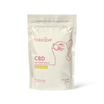


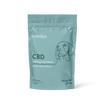





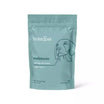







![Dog Bloated Stomach Home Remedies [Tips & Prevention Guide]](http://www.holistapet.com/cdn/shop/articles/HP_REMEDIES-BLOATED.webp?v=1686954476&width=1500)


![The Best Home Remedy for Your Dog's Ear Mites [Olive Oil & More!]](http://www.holistapet.com/cdn/shop/articles/HP_DOG-EARMITES-REMEDIES.webp?v=1687193113&width=820)
![Dog Staph Infection Home Remedies [Actionable Tips]](http://www.holistapet.com/cdn/shop/articles/HP_REMEDIES-STAPH-INFECTION.webp?v=1686954365&width=820)
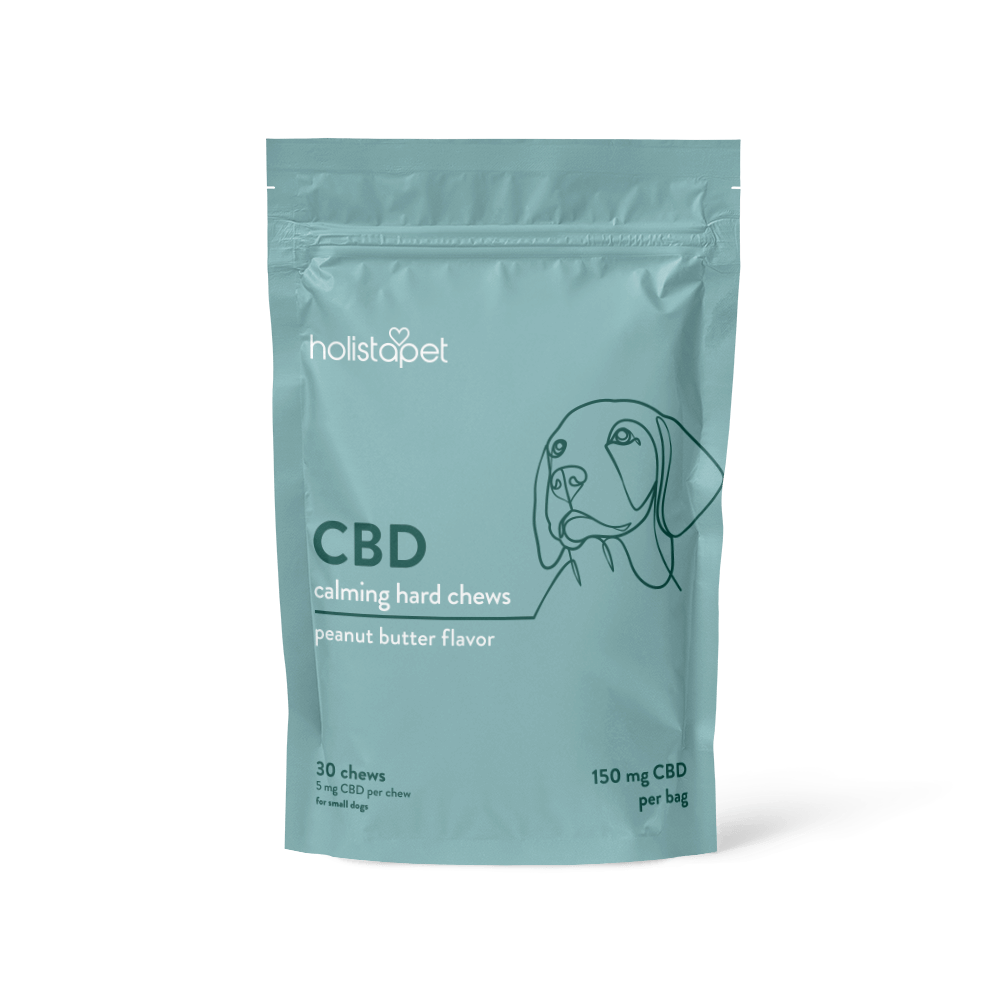
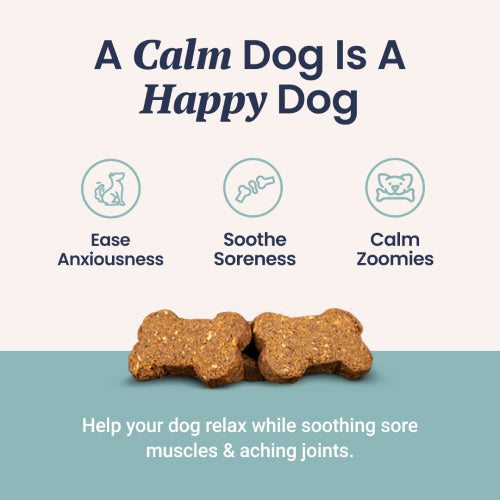


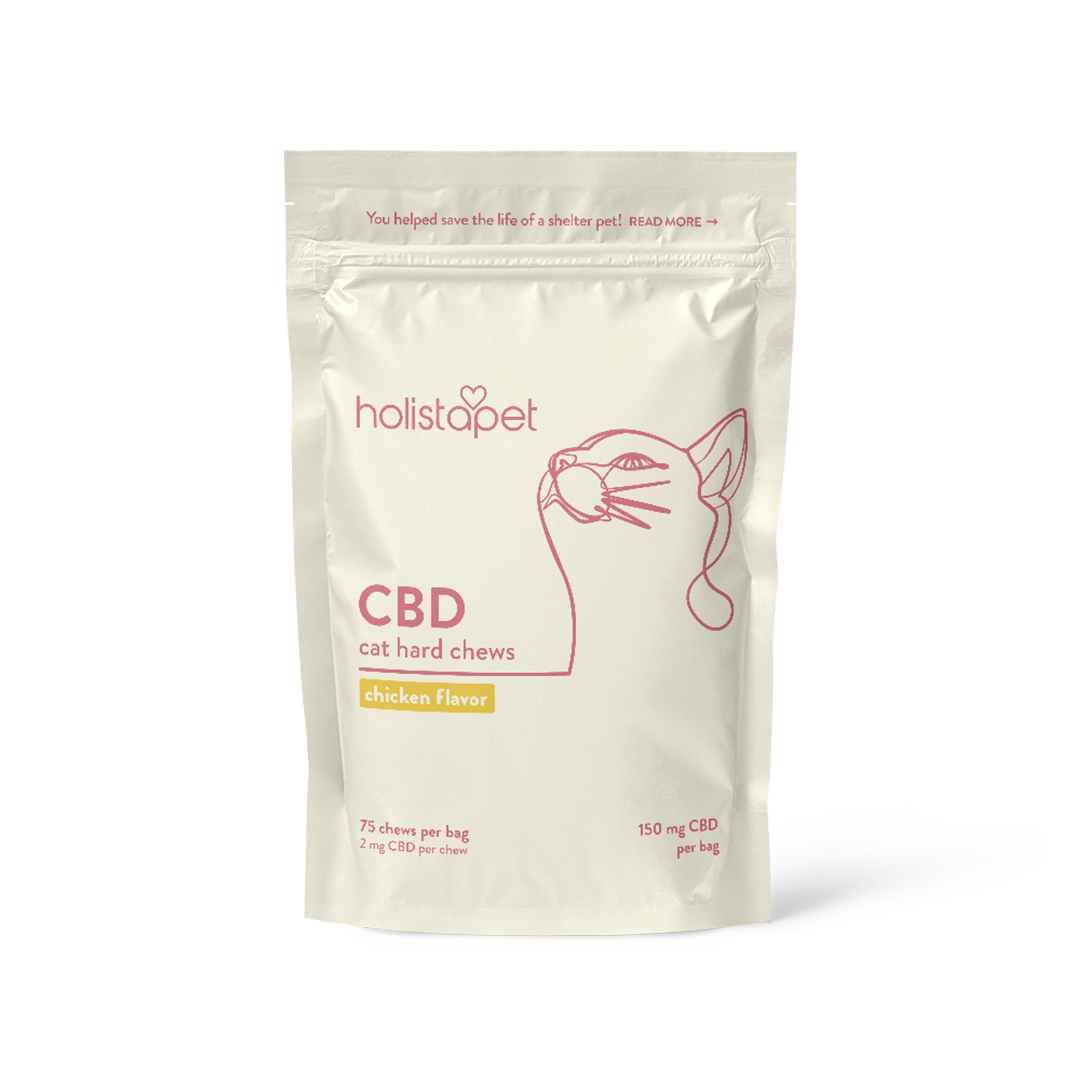

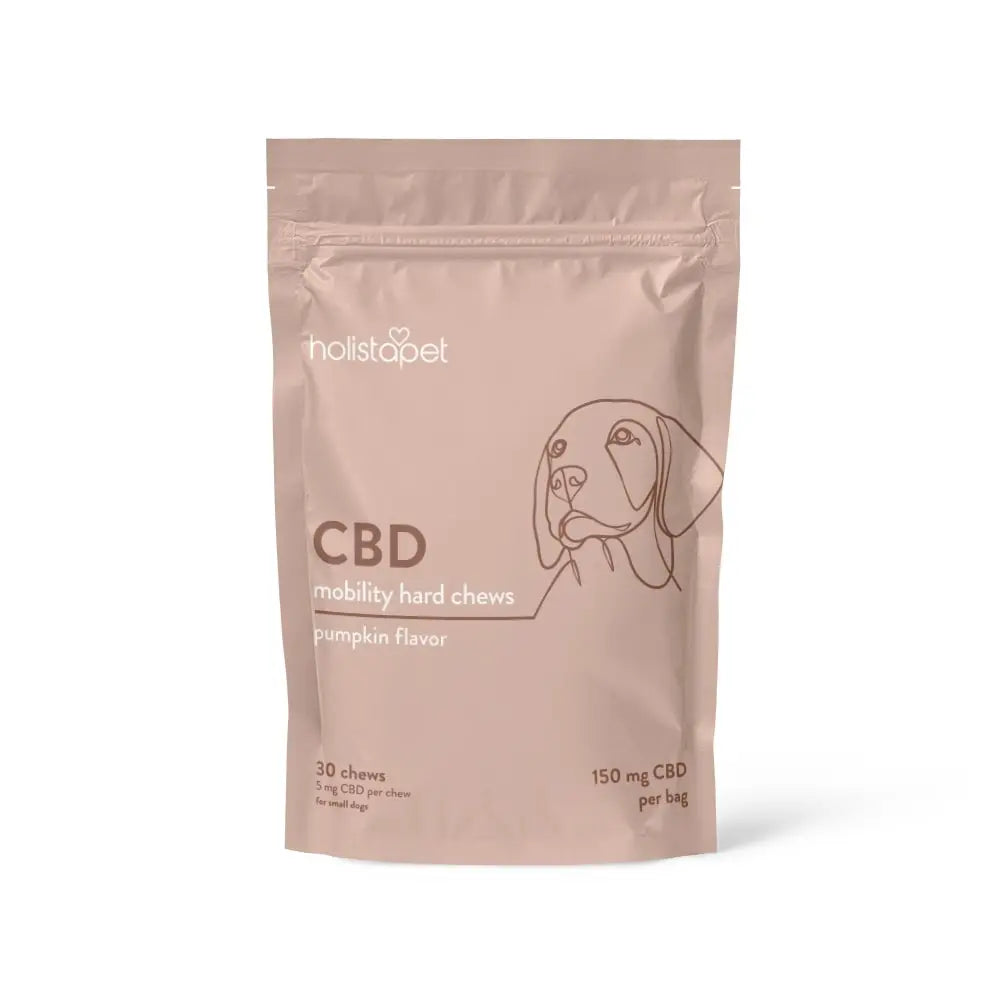
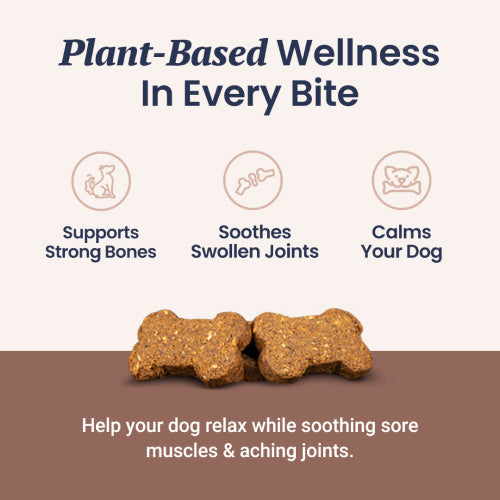
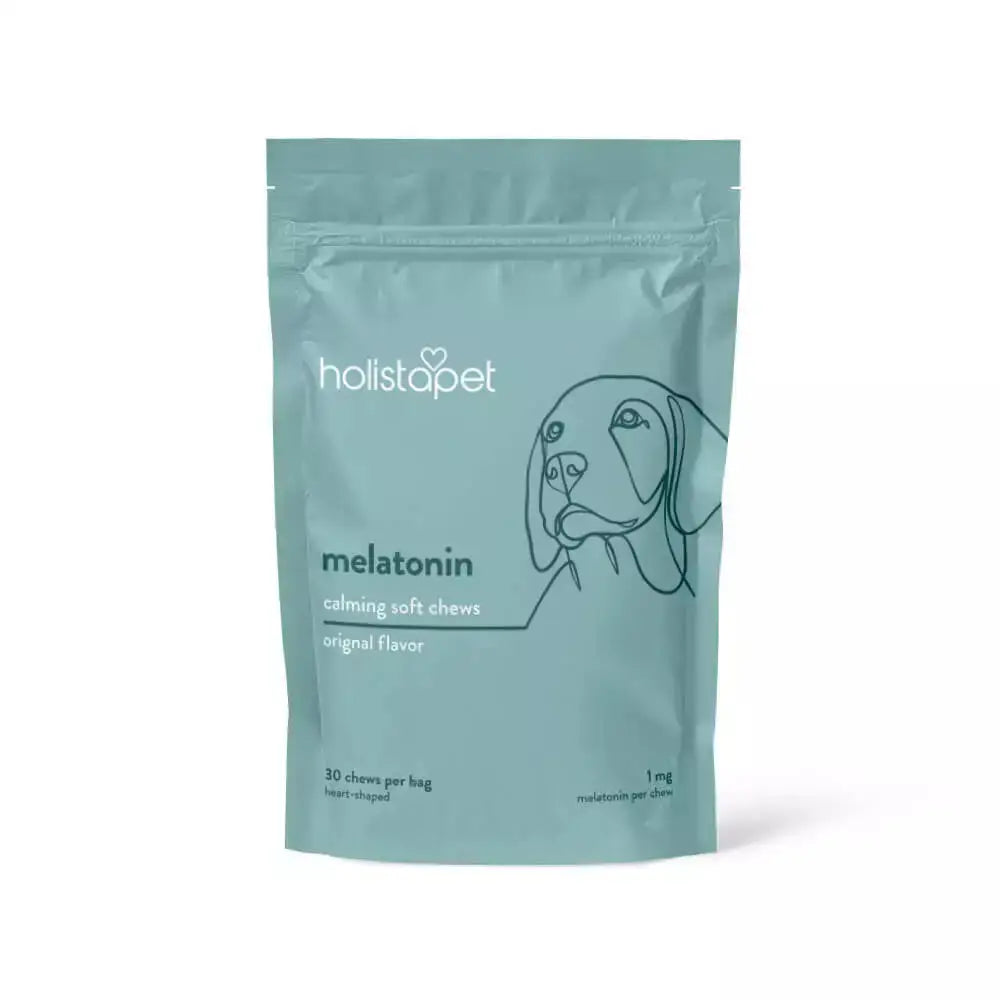



Leave a comment
This site is protected by reCAPTCHA and the Google Privacy Policy and Terms of Service apply.